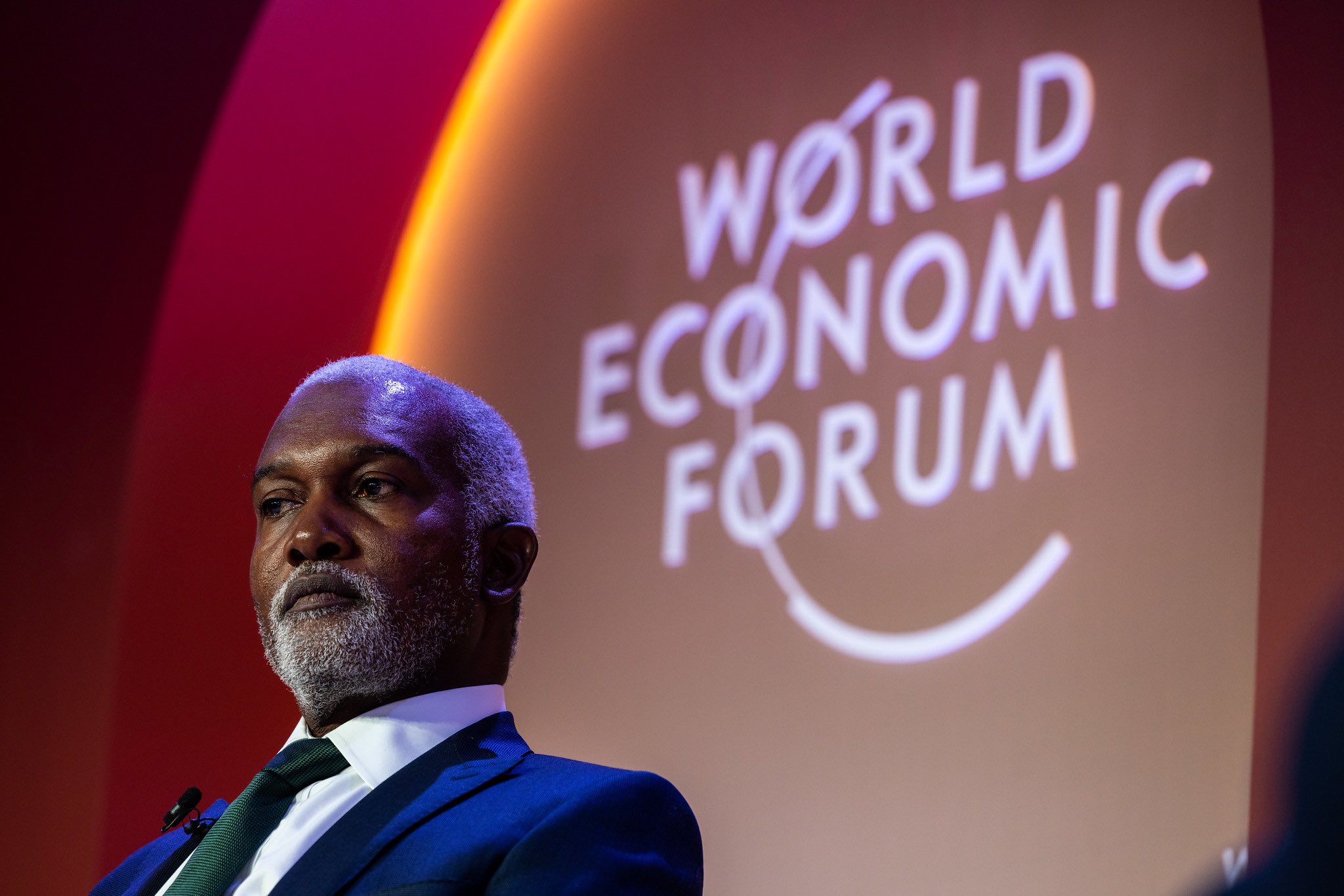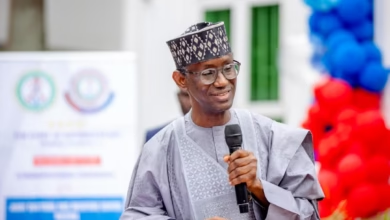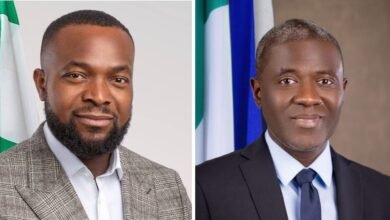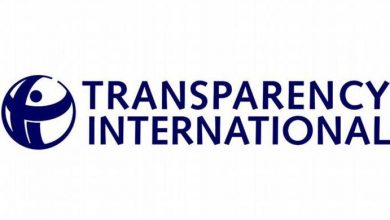Opinion
How Ambassador Tuggar’s Diplomacy is Turning Global Engagements into Tangible Gains
By Nathaniel C. Adoji

Within the past two weeks, Nigeria’s Minister of Foreign Affairs, Ambassador Yusuf Maitama Tuggar, has been on a whirlwind of strategic diplomacy. Beyond the ceremonial handshakes Amb. Tuggar has focused on delivering measurable value to Nigeria’s economy, security, and global standing. From deepening trade ties with Egypt to modernising consular services, his recent activities illustrate a vision of diplomacy that is firmly tied to everyday benefits for Nigerians.
On July 21, 2025, Abuja hosted the 2nd Nigeria–Egypt Business Forum, co-chaired by Tuggar and his Egyptian counterpart. The forum was a marketplace for opportunity. Tuggar anchored discussions around Nigeria’s 4D Foreign Policy Strategy—Development, Democracy, Demography, and Diaspora—identifying agriculture, energy, ICT, and pharmaceuticals as priority sectors for strategic investment. In a country seeking to boost industrial capacity and export value, such targeted partnerships are vital levers for job creation and technology transfer.
Two days later, this engagement bore fruit with the signing of a landmark agreement between Nigeria’s Dar Al Halal and Egypt’s Future Authority. The memorandum of understanding, focusing on sustainable agriculture, land reclamation, mechanisation, and food production, has the potential to increase Nigeria’s food security and reduce import dependency—two of the most pressing challenges facing the nation.
Amb. Tuggar’s diplomacy has not been confined to North Africa. On July 23, he met with Venezuela’s Ambassador, Alberto Castellar Padilla, to explore joint opportunities in sectors poised to bring mutual development. With Venezuela’s vast experience in energy and agriculture, Nigeria stands to gain from technical cooperation and market access that could expand export footprints.
On July 25, the Minister’s diary reflected both continuity and transition in Nigeria’s international relations. He bid farewell to Czech Ambassador Zdeněk Krejčí, taking stock of progress in trade, education, health, and defence. The same day, he welcomed FAO Nigeria’s new representative, Dr. Husein Gadain, reaffirming Nigeria’s commitment to climate-smart agriculture, food security, and rural development. For a country with over 70% of its population engaged in agriculture, such partnerships mean more resilient farming systems and better livelihoods.
The Minister’s outreach has also extended to traditional institutions. On July 29, Tuggar met with HRH Alh. (Dr.) Adamu Baba Yunusa, the Ona of Abaji, emphasising that diplomacy is not only conducted in global capitals but also rooted in community harmony and grassroots engagement.
By early August, Tuggar’s focus shifted to the Gulf region. On August 4, he engaged Mr. Waleed Al-Bahar from the Kuwait Fund on potential collaborations in infrastructure, education, energy, and agriculture. These talks could open new financing channels for projects critical to Nigeria’s development blueprint.
On the 5th of August, Tuggar’s diplomacy took a distinctly modern turn. In collaboration with Dr. Jobson Oseodion Ewalefoh, DG of the Infrastructure Concession Regulatory Commission, he advanced plans to digitise Nigeria’s consular services. This initiative promises faster, more efficient services for Nigerians abroad, while maximising the value of Nigeria’s international assets—transforming consular offices into hubs of economic and citizen engagement.
Taken together, these engagements underscore a foreign policy that is both outward-looking and inward-focused—leveraging international partnerships to deliver domestic impact. Ambassador Tuggar’s approach is one that affirms that diplomacy, when aligned with national priorities, can become a frontline tool for economic diversification, social development, and technological progress.
Nigeria’s foreign relations under Ambassador Tuggar’s watch is being retooled for results. And for millions of Nigerians—from farmers in Nasarawa to entrepreneurs in Lagos—the benefits of this kind of diplomacy may soon be felt not just in policy papers, but in their daily lives.
Nathaniel C. Adoji, is a journalist and writes from Abuja





